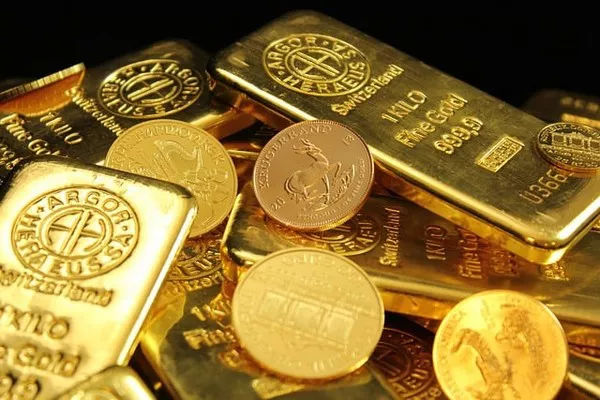In the world of precious metals, gold has long held a position of unrivaled prominence. Investors and collectors alike seek to comprehend the intricacies of gold’s worth, often delving into the granular details of its weight. One particular measure that raises curiosity is the value of 1/4 grain of gold. In this article, we will explore the significance of this seemingly minuscule quantity and the factors that contribute to its worth.
Defining the Measure: What is 1/4 Grain of Gold?
Before delving into the value, it is essential to understand the unit of measurement. The grain is a unit commonly used in the context of precious metals, particularly gold. One grain is equivalent to 0.0648 grams, and therefore, 1/4 grain is approximately 0.0162 grams. While this may seem like a negligible amount, even such small quantities of gold hold inherent value due to the metal’s scarcity and enduring appeal.
Factors Influencing the Value
Several factors contribute to determining the worth of 1/4 grain of gold, each playing a pivotal role in shaping its market value.
Current Market Price
The most immediate factor influencing the value of 1/4 grain of gold is the prevailing market price for the metal. Gold prices are subject to fluctuations based on a myriad of economic factors, including inflation rates, geopolitical events, and overall market sentiment. Regular monitoring of these fluctuations is essential for individuals seeking to understand the real-time value of their gold holdings.
Purity of Gold
The purity of gold is measured in karats, with 24 karats representing pure gold. 1/4 grain of gold will be worth more if it is of higher karat purity. The commonly available purities are 24K, 22K, 18K, and so forth. The higher the karat, the greater the gold content, and consequently, the higher the value.
Weight and Mass
While we are discussing a mere fraction of a gram with 1/4 grain of gold, the weight and mass still play a crucial role in determining its value. As a general rule, the heavier the gold, the higher its value. Investors often pay close attention to the weight of their gold holdings, as even small variations can have a significant impact on the overall worth.
Market Conditions and Trends
The dynamics of the gold market are constantly evolving, influenced by a variety of factors. Changes in demand, economic conditions, and emerging trends can impact the perceived value of gold. Understanding these market conditions is essential for anyone seeking to gauge the worth of 1/4 grain of gold accurately.
Calculating the Value
To calculate the value of 1/4 grain of gold, one must consider the current market price and the purity of the gold in question. The formula is relatively straightforward:
Value=Weight (in grams)×Current Market Price×Purity
For instance, if the current market price of gold is $50 per gram, and the purity of the gold is 22 karats, the calculation would be as follows:
Value=0.0162grams×$50× 24/22
By plugging in the values, the resulting figure represents the approximate worth of 1/4 grain of gold.
Significance in the Jewelry Industry
While individual investors may be intrigued by the worth of small quantities of gold, the jewelry industry is intimately familiar with the significance of such measures. Jewelers often work with minute amounts of gold when crafting intricate pieces, and understanding the value of these quantities is crucial for pricing and inventory management.
Additionally, the market for gold jewelry is influenced not only by the intrinsic value of the metal but also by design, craftsmanship, and cultural preferences. These factors further contribute to the overall value of gold in the jewelry industry.
Investment Considerations
For those considering gold as an investment, understanding the worth of 1/4 grain of gold is just one piece of the puzzle. Gold has long been viewed as a hedge against inflation and economic uncertainty, making it a popular choice for diversifying investment portfolios.
Investors should carefully weigh the costs and benefits of holding physical gold versus investing in gold-related financial instruments, such as exchange-traded funds (ETFs) or gold mining stocks. Each option carries its own set of risks and rewards, and individuals should align their investment strategy with their financial goals and risk tolerance.
See Also What Does A Gold Coin Cost
Conclusion
In conclusion, the worth of 1/4 grain of gold may seem inconspicuous at first glance, but it holds significance in the broader context of the precious metals market. Understanding the factors that influence its value, such as current market price, purity, weight, and market conditions, empowers individuals to make informed decisions regarding their gold holdings.
Whether considered as an investment, a collectible, or an integral component of the jewelry industry, the value of even small quantities of gold reflects the enduring allure of this precious metal. As economic landscapes continue to evolve, gold’s timeless appeal remains a constant, making it a compelling asset for those seeking stability and diversification in their financial portfolios.


